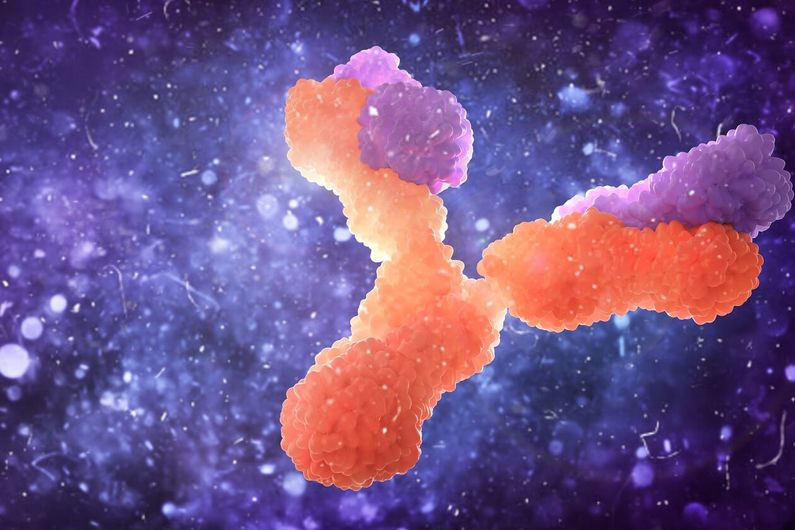Cells able to talk to themselves for a better immune response
- Salle de presse
08/08/2022
- UdeMNouvelles
Research in immunology sheds new light on the ability of cells to contribute more effectively to the body's immune response through internal communication.
Research from the laboratories of Dr. André Veillette, Director of Research in Molecular Oncology at the Montreal Clinical Research Institute (IRCM) and Professor and Researcher in the Department of Medicine at the Université de Montréal, and Dr Romain Roncagalli, immunology researcher at the Marseille-Luminy Immunology Center, just published in the journal Science Immunology, sheds new light on the ability of cells to contribute more effectively to the body's immune response through internal communication.
Overview
The different types of cells in the human body, including the cells of the immune system, need to communicate with each other in order to activate the body's responses to attacks of all kinds. A class of molecules, called "receptors", on the surface of cells is able to recognize other molecules, called "ligands", on the surface of neighboring cells. This allows the two cells to exchange information necessary to respond to changes in their environment, resulting in a defense response for the immune system.
In this paper and research, Dr. Veillette's group demonstrates that some cells possess both the receptors (CD2) and ligands (CD48, CD58) that allow this communication, making these cells able to "talk to themselves". This mechanism is probably used very frequently throughout the body.
‘’This type of cellular monologue is essential for the normal functioning of the immune system," explains Dr. André Veillette, principal investigator and co-author of the paper, adding:’’ The ability of cells to talk to themselves is common and contributes to the well-known effectiveness of the immune response against viruses and cancers. This ability could certainly be enhanced by drugs to improve the immune response against infections and cancers.’’ Dr. Veillette's team is currently evaluating this possibility.
This work was supported by the Canadian Institutes of Health Research. Our thanks also to the Marseille-Luminy Immunology Center, Aix Marseille University, INSERM, CNRS, the Institute of Pharmacology and Structural Biology, IPBS, the University of Toulouse, CNRS UPS and the Immunophenomics Center.
Media contact
-
Florence Meney
IRCM
Tel: 514-987-5500, poste 5535 -
Julie Gazaille
Université de Montréal
Tel: 514 343-6796













